Losing a loved one is hard enough without the added stress of handling complicated finances and legal processes. However, the person’s estate must be turned in to the probate court. Probate is the legal process of reviewing and distributing a person’s estate upon death. You may want to avoid the process of probate as much as you can since it can be time-consuming, complicated, and expensive.
Avoid Probate with a Will?
Having a Will does not avoid probate. The probate judge will review the Will to see if it is valid and will properly execute it. The instructions in the will are to be carried out by the estate executor.
Ways to Avoid Probate
Hiring an Ohio estate planning attorney can help you use processes available to avoid probate,
such as:
- trusts
- beneficiary designations
- transfer or payable-on-death designations
- other asset management strategies
What these processes do is minimize the assets passing through probate.
Avoid Probate with a Trust?
Using trust is one of the most common ways to avoid probate. It is a separate legal entity that owns your assets, and a trustee then manages the trust and those assets. You can still manage the assets yourself if you name yourself as the trustee of a living trust. The assets will be handled according to the terms of the trust, and the probate court will not
need to review the distributions because they remain private. Private assets are not subject to public probate court oversight. There are even cases where the beneficiary of the trust (person who places assets in the trust), the trust-maker, and the trustee are the same person.
Avoid Probate in Other Ways
You can also avoid probate in Ohio through:
- Joint Ownership
If you own an asset jointly with someone, that asset will automatically transfer to the other owner upon your death. The transfer will happen without needing a probate court review due to the right of survivorship. So long as you provide the correct documentation to show one owner is deceased and the sole survivor is the owner, the probate court should stay out of that asset distribution. - Payable On Death (POD)
A common designation for checking and savings accounts (and other accounts like retirement) is payable on death. Since you can do this for many accounts, you may choose a beneficiary for those financials. When the original owner passes away, the designated POD will receive those assets. - Transfer On Death (TOD)
Brokerage accounts, vehicles, and real estate can all be set with a transfer on death (TOD) designee. The asset will skip the probate court review and be transferred directly to the assigned TOD upon the original owner’s death. This affidavit works the same for real estate and vehicles to help ease the process.
While probate as a process is not bad, avoiding parts of the process can make it smoother and quicker for everyone involved. Finding an experienced and knowledgeable estate planning attorney may help you minimize the assets that must pass the probate court review before being distributed. When you’re already dealing with enough, easing your responsibilities after losing a loved one will be a welcomed relief.
The Akron and Cuyahoga Falls Hoover Kaycon, LLC Attorneys at Law are here to answer your questions and help you through the process. We deliver the highest quality legal representation from a team of professionals while also providing excellent customer service. Call us at 330-922-4491 or contact us online to make an appointment.
Recent Posts
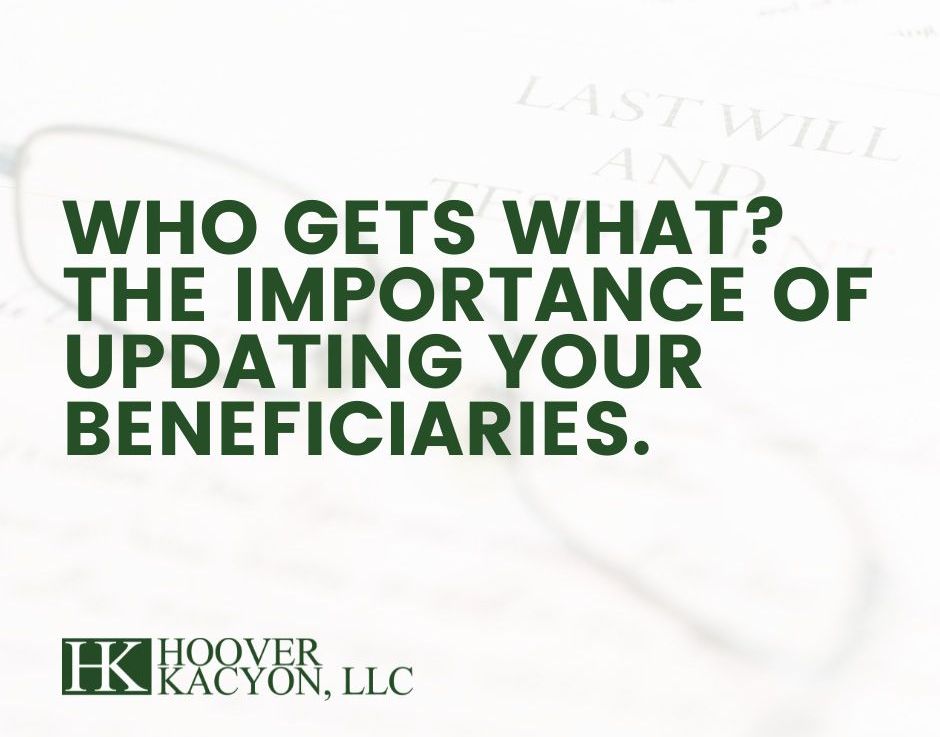


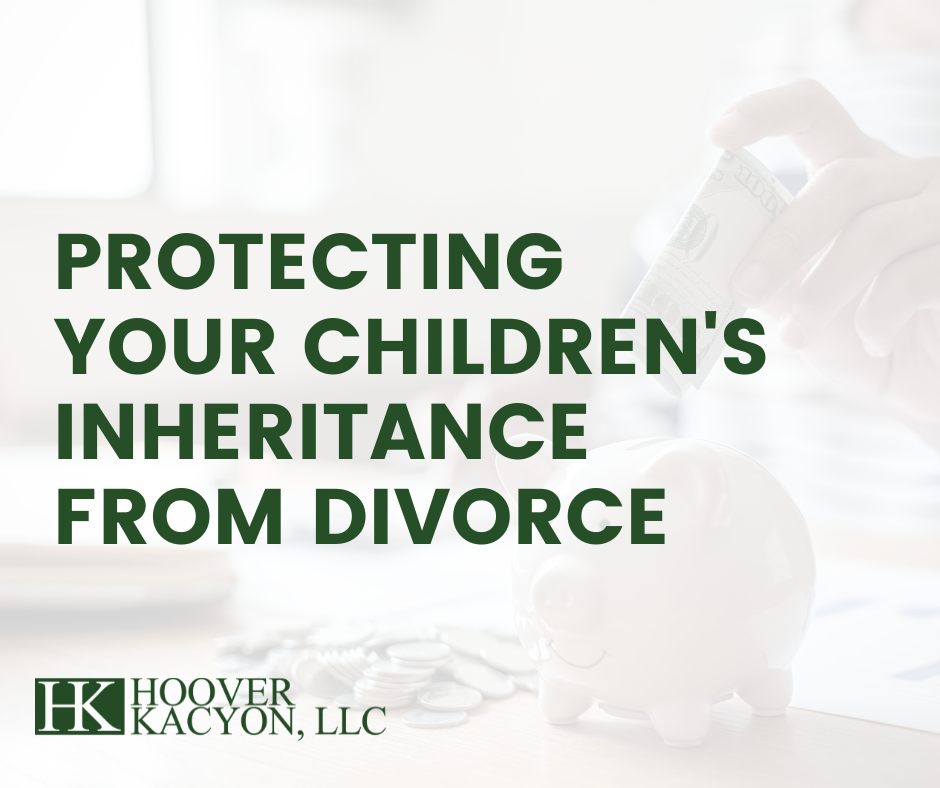

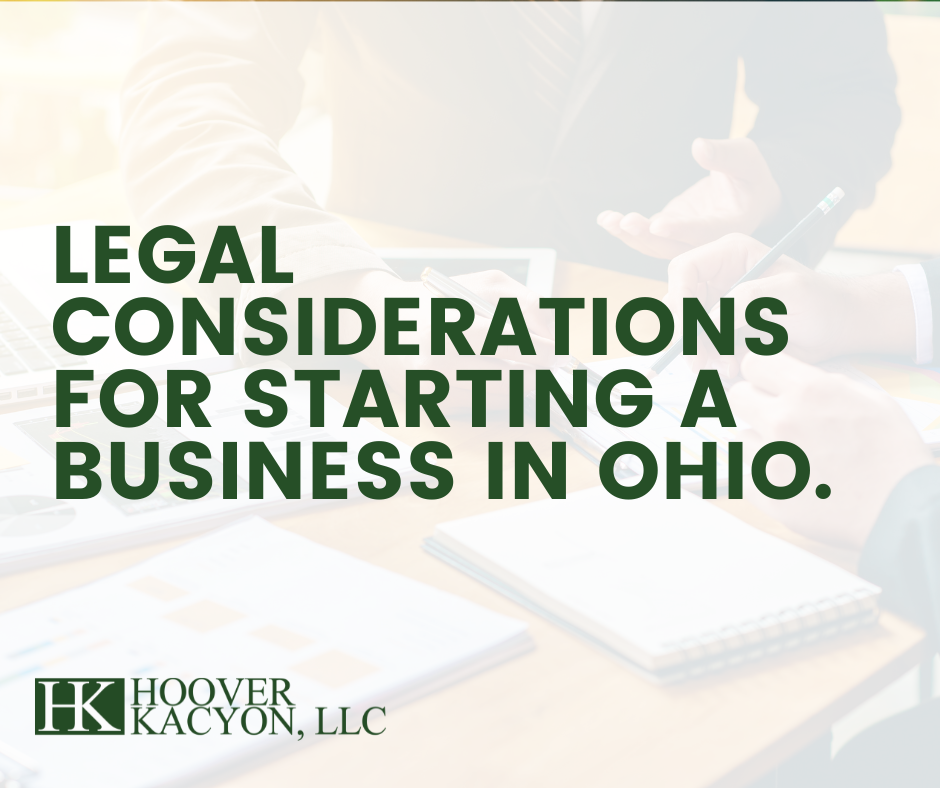
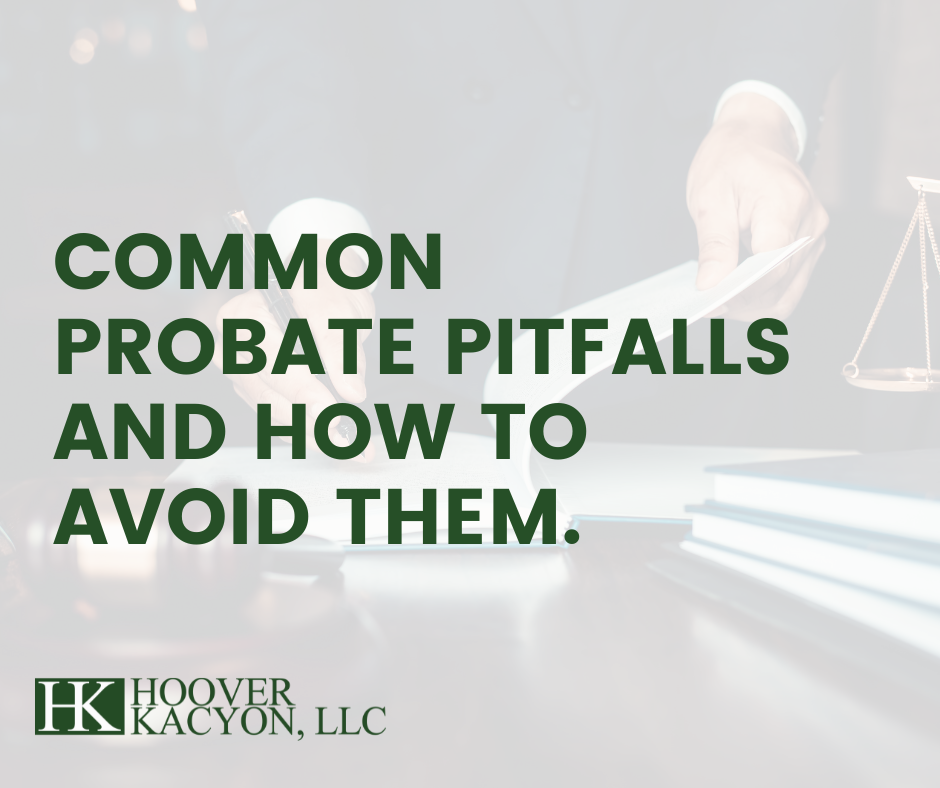
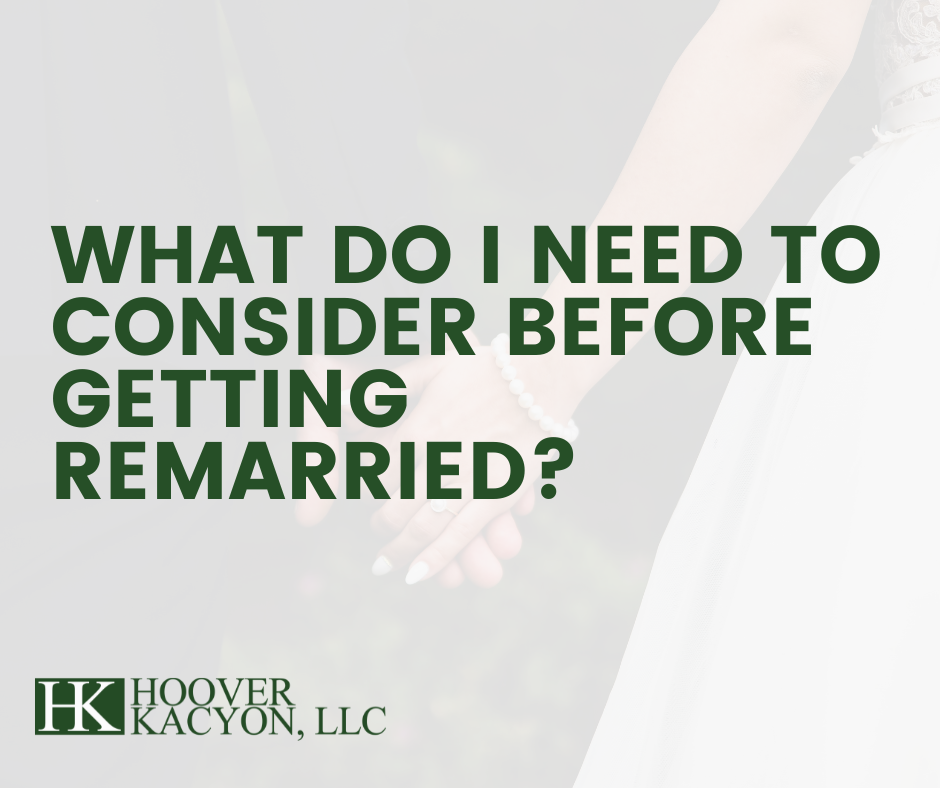

YOU MIGHT ALSO LIKE









